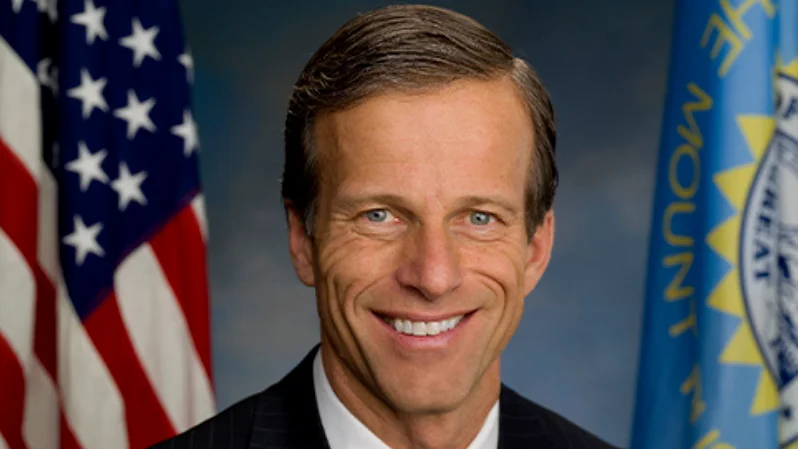Senator John Thune, US Senator for South Dakota | Official U.S. Senate headshot
Senator John Thune, US Senator for South Dakota | Official U.S. Senate headshot
The Senate has begun its consideration of the National Defense Authorization Act (NDAA) for Fiscal Year 2026, a key annual measure that sets policy and funding levels for the U.S. military. Senate Majority Leader John Thune (R-S.D.) addressed the chamber to highlight provisions in the bill aimed at modernizing the armed forces and supporting service members.
“This annual defense bill is one of the most important things that we do each year,” Thune said, acknowledging the work of Chairman Wicker and members of the Armed Services Committee on advancing what he described as a strong, bipartisan proposal.
Thune pointed to ongoing global security challenges and concerns about military readiness, including aging equipment, insufficient munitions supplies, recruitment difficulties, and bureaucratic delays in weapons delivery. He noted recent efforts to reverse these trends through increased investment in national security.
“And this year’s NDAA – along with sustained investments in the years to come – will help us continue to reverse that trend, so that we have a military capable of deterring and defeating today’s threats and tomorrow’s,” Thune stated.
The legislation would increase shipbuilding capacity by authorizing new combat ships and submarines. It also includes funding for new fighter jets and supports delivery of the B-21 bomber at Ellsworth Air Force Base in South Dakota. The bill provides resources for construction of missile defense systems intended to protect against attacks on U.S. soil.
Addressing munitions shortages identified during recent conflicts, Thune said: “So this bill will not only help produce more munitions, it puts robust requirements in place to ensure we’re adequately stocked.”
Other measures focus on future warfare capabilities such as improved drone technology, integration of artificial intelligence into defense systems, enhanced cyber deterrence strategies, and streamlining Pentagon acquisition processes by removing over 100 outdated regulations.
“It encourages a wider array of companies to do business with the Pentagon, ensuring our warfighters have the best equipment that American innovation can produce,” Thune remarked regarding procurement reforms.
The NDAA includes a 3.8 percent pay raise for service members and provisions designed to support military families. Recruitment remains an emphasis due to previous shortfalls; Thune credited President Trump’s leadership with helping alleviate some recruitment issues since January but emphasized continued efforts are needed.
Discussing legislative procedure, Thune highlighted his commitment to regular order: “The Armed Services Committee held a markup where members had the opportunity to amend the bill. The bill passed out of the committee in a bipartisan vote of 26 to 1.” He added that further debate and amendments would occur on the Senate floor before final passage.
At conclusion, Thune expressed optimism about enacting measures intended “to strengthen America’s military and safeguard our national security in the 21st century.”




 Alerts Sign-up
Alerts Sign-up